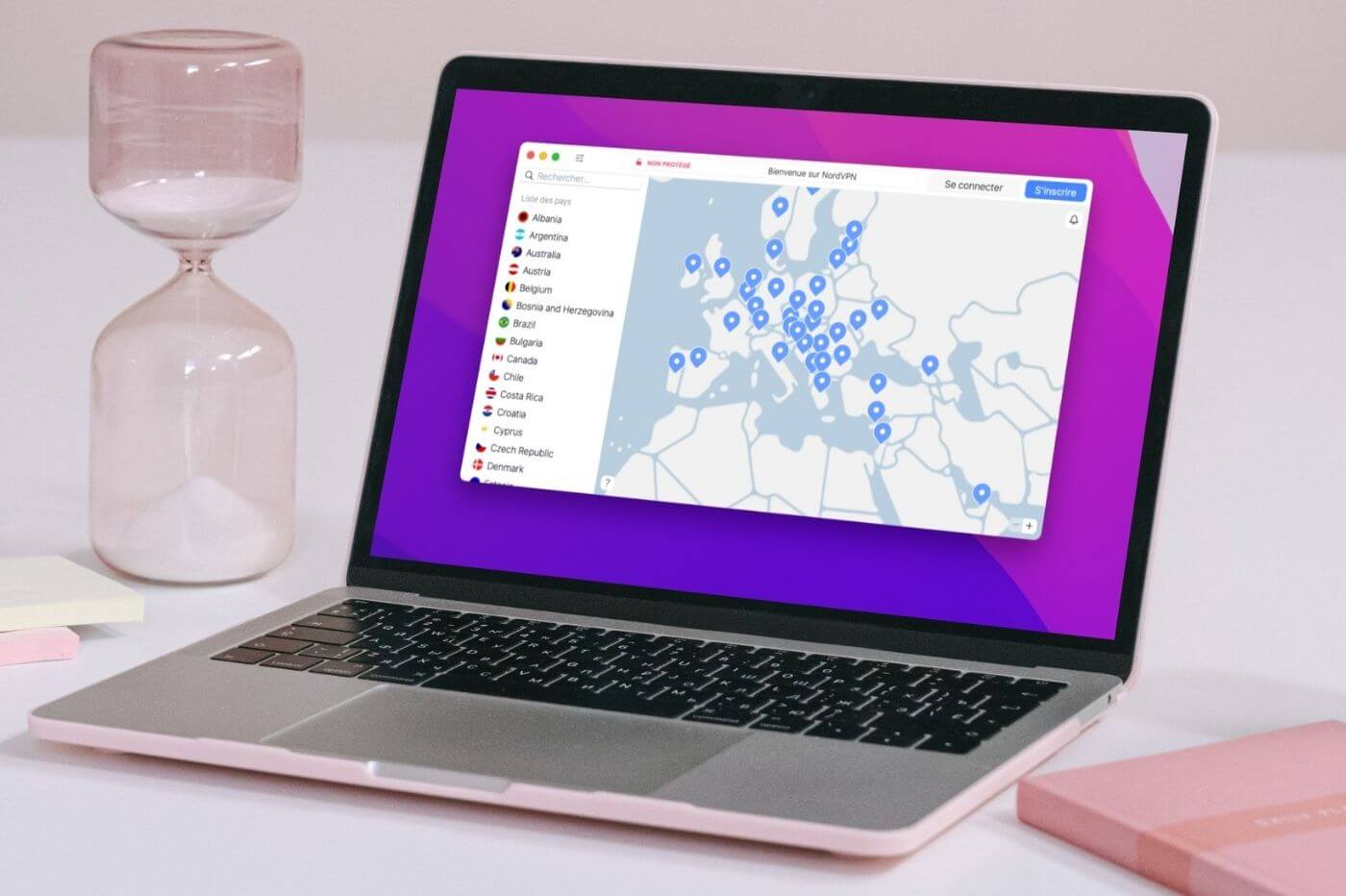
We’ve all heard of VPNs and proxies before, but what are the differences between these two offerings?
A few years ago, when it came to privacy on the internet, nobody was talking about VPN, the term being much less mainstream than it can be today. Only a few connoisseurs of the computer world then turned to proxies, a system that allows you to secure your connection like a VPN, without really being one.
Today VPNs are much more common, especially with groups like Cyber Ghost or NordVPN who have been promoting this system a lot in recent years. Since the revelations of Edward Snowden in 2013, the world has discovered with horror how government authorities such as the NSA, in which Snowden worked, but also the big tech sites that are the GAFA profit from user data.
In order to protect against this mass surveillance, the two most commonly used solutions are VPNs and proxies. Two options that have their own pros and cons. According to figures published by our colleagues at Global Web Index, nearly 25% of Internet users worldwide use a VPN. The solution, which is very popular today, is also in the process of conquering the French market, where it has already won over one in five Internet users.
If you want to know which is the best VPN available on the market today, here is our 2022 comparison.
But then what is a VPN?
To fully understand how a VPN works, and what is the difference with a Proxy, you need to know how the two services act when connected to the internet. In any case, the two solutions will seek to anonymize the connection so that the user is not the target of tracking.
But the similarities between the two solutions end there. Indeed, proxies have targeted uses, on an application such as a web browser for example, where VPNs operate at the scale of a system, which offers even better security. Another big difference between the two options is the issue of encryption.
What are the differences with a proxy?
As Cyber Ghost explains very well, VPNs are designed to encrypt data so that even if it is intercepted (which should not happen, but you never know) it will always remain unreadable. Internet activity becomes anonymous (or almost) and it is more than difficult to trace your trace.
This encryption allows in particular to access the most popular streaming platforms such as Netflix or Disney+, in another country, to take advantage of an enriched catalog, or the latest releases which have not yet arrived in France because of the chronology of the media.



